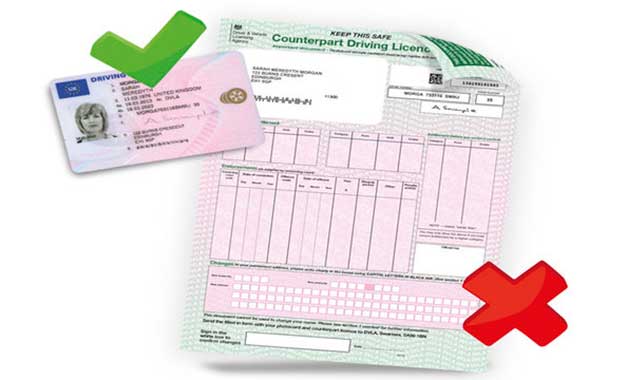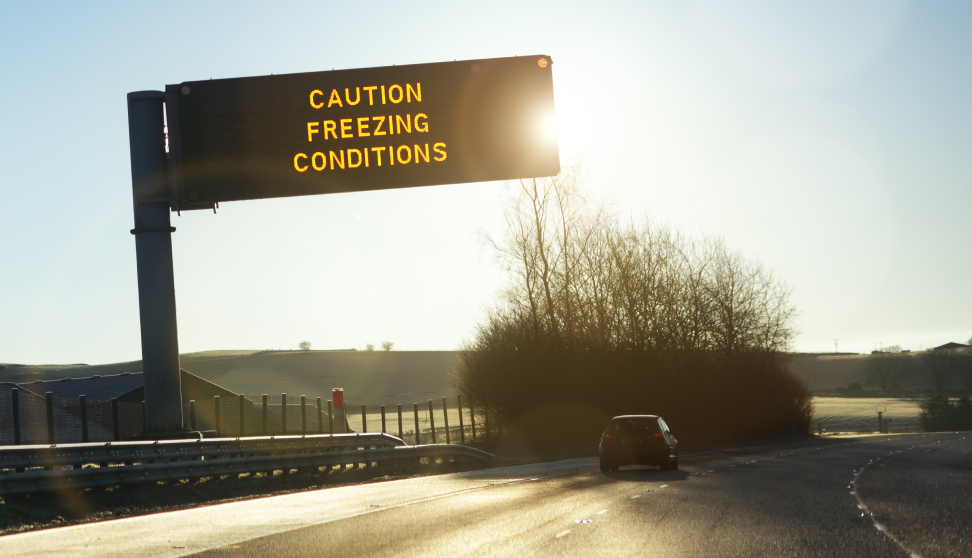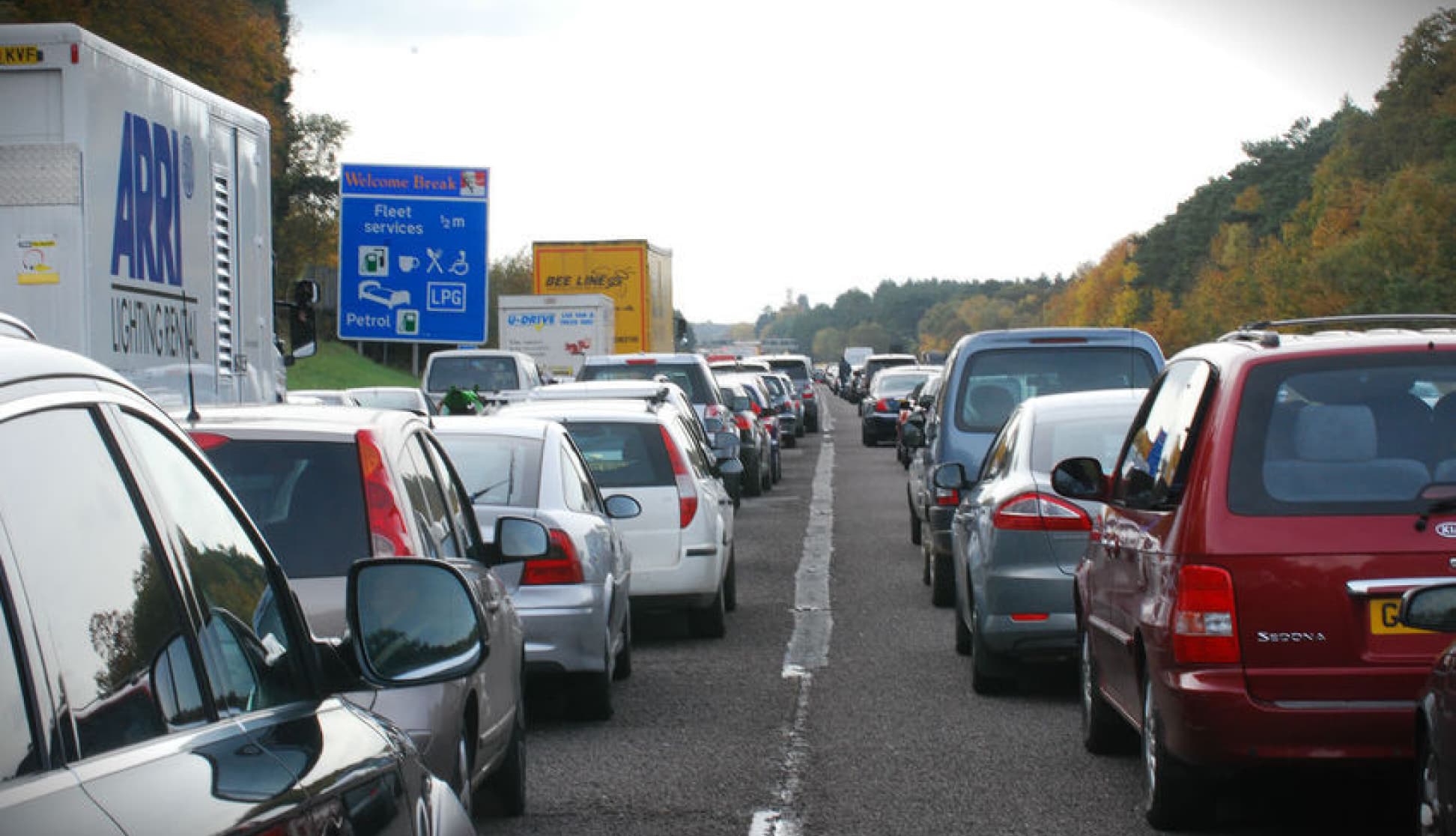An important change to driving licences
From 08 June 2015, the DVLA will stop issuing the paper counterpart (D740) with UK drivers licences. Instead, drivers will only be issued with the photocard driving licence.
If you have a photocard licence, the DVLA recommend that the paper counterpart is destroyed after this date. If you don't have a photocard licence and still have the original paper licence, you should keep this.
Why is the paper counterpart being abolished?
The paper counterpart was initially introduced in 1998 when the photocard licence was launched. Right from the start, it was poorly received. Most drivers didn't understand why they needed two documents. As a result, the paper counterpart was often filed away or indeed lost.
The paper counterpart was originally intended to display driving licence details that could not be included on the photocard. These details include vehicle categories and driving licence endorsements. With advances in technology, the DVLA feel that the paper counterpart can now be abolished.
How can I check my driving licence details?
The DVLA have introduced an online service that allows you to check your driving licence details. The new service allows you to download a summary of your licence details. It's free and should be used for drivers who hold photocard licences and the older paper licences.
https://www.gov.uk/view-driving-licenceSharing your driving licence details
There are times where you may be required to prove the status of your licence and provide details of any licence endorsements you may have. Although you can print the licence summary from the DVLA, you can also provide a third party with temporary access to your licence details.
Why would I share my licence details?
When you hire a vehicle from a daily rental company, they will require you to provide licence details to prove that you are eligible to drive a rental vehicle. They'll also want to check any endorsements you may have. If you cannot provide such details, you will not be able to hire a rental vehicle.
In addition, your employer may ask you to provide proof that you are suitably qualified before they allow you to drive a company vehicle.
How do I share my licence details?
The DVLA View Driving Licence service allows you to create a temporary licence check code that you can give to a third party e.g. a rental company. This check code is a one-time use code that allows the third party to check your licence details.
You can generate up to 5 codes within a 24 hour period. Each check code is valid for 72 hours.
To generate a licence check code, go to https://www.gov.uk/view-driving-licence and enter your Driving Licence Number, your National Insurance Number and your Postcode.
Click on the 'Share your licence information' tab.
Click the Create a Code button.
You can note down the check code or print off the details so that you can give a PDF document to a third party. Either way, they have 72 hours to use the check code to check your details.
Can I share my licence details on the phone?
Yes. If you have technical difficulties or you do not have internet access, you can call the DVLA Customer Contact Centre on 0300 083 0013. They are open Monday to Friday from 9am to 5pm.
How will a third party check my licence details?
A third party can only access your licence details by entering the last 8 digits of your driving licence number in conjunction with the licence check code that you provide them. Once you generate this code, the third party can only use it once, and they must use it within 72 hours.
The DVLA have a separate page that allows third parties to retrieve licence information.
https://www.gov.uk/check-driving-informationFurther Information
If you have any further questions regarding the abolition of the paper counterpart, please check the DVLA website, call us or contact us.



